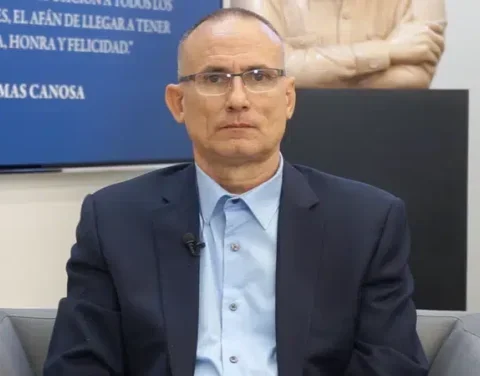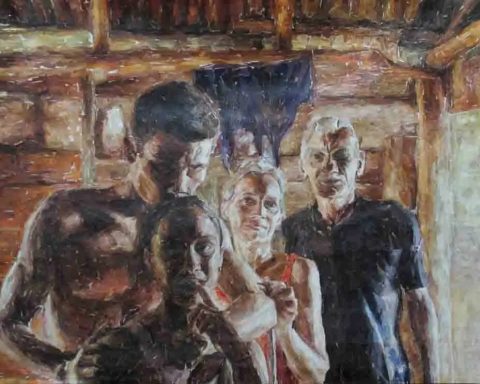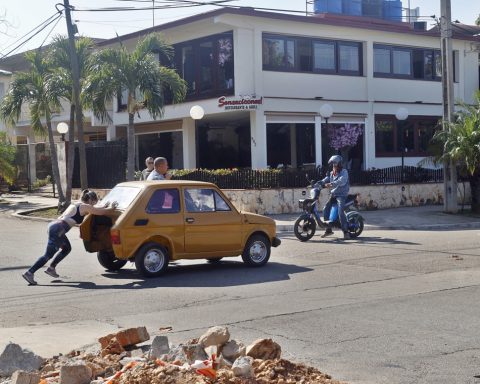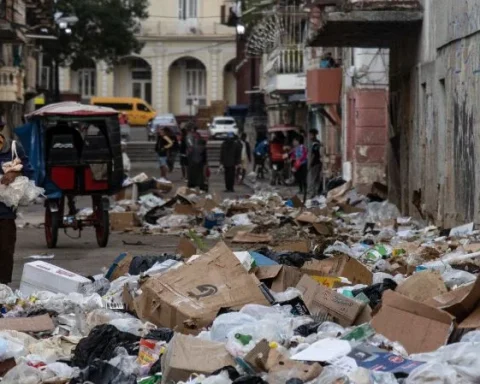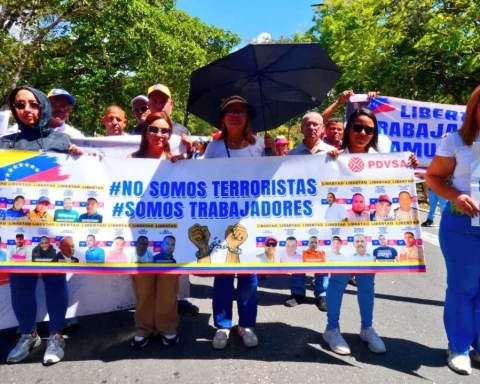SAN LUIS POTOSÍ, Mexico.- The Cuban regime recently expanded the list of prohibited activities for Micro, small and medium-sized enterprises (MSMEs)non-agricultural cooperatives and self-employed workers on the Island, and included one that contributed to the cinematographic update and the disconnection from the harsh reality: the so-called “weekly package”.
As stated in the Decree 107/2024which will come into force on September 19, among the activities that will be prohibited for the private sector are those related to film exhibition, which includes films, documentaries, series, novels or other similar works.
Furthermore, the aforementioned products are not made available to the public via computer media.
In the section on information, communication and telecommunications, the regime deprives Cubans of a source of entertainment that offers them something other than the meager official programming on Cuban television channels.
The controversial list of banned activities in the same section includes the prohibition of creating “news agencies and other information service activities such as telephone information, searching for information in exchange for payment and selection of news, press clippings and others.”
He weekly package It has been the lifeline for those seeking to avoid state television at all costs.
Distributed through USB devices, it is the way that Cubans invented to escape from tedious programming from official television. In parallel to this phenomenon, several businesses have emerged that benefit from its existence.
The content of the package (movies, series, novels, shows, software, promotion, Internet materials and more) consumes almost a terabyte of information that needs to be disseminated throughout the country every week, so speed is essential. Distributors need to have computers ready to reproduce large amounts of information in the shortest possible time.
It has been reported that State Security is closely monitoring the content of the package and its distributors, but this has not prevented some series or films censored in Cuba from reaching homes by this means.
At some point, the conglomerate of audiovisual content that is distributed clandestinely on the Island began to include a folder in which some Cubans captured their approachesboth for and against the communist regime of Raúl Castro.
The folder was called “Tremendo lío” (A Huge Mess), and despite being included in the space dedicated to humor, it usually included very serious criticism, interesting debates about the political, economic and social reality that the Island is experiencing, and even wild fights between people with different points of view.
“Tremendous mess” included content produced by some well-known users on social networks such as Facebook who generally live outside of Cuba, especially in the United States.


